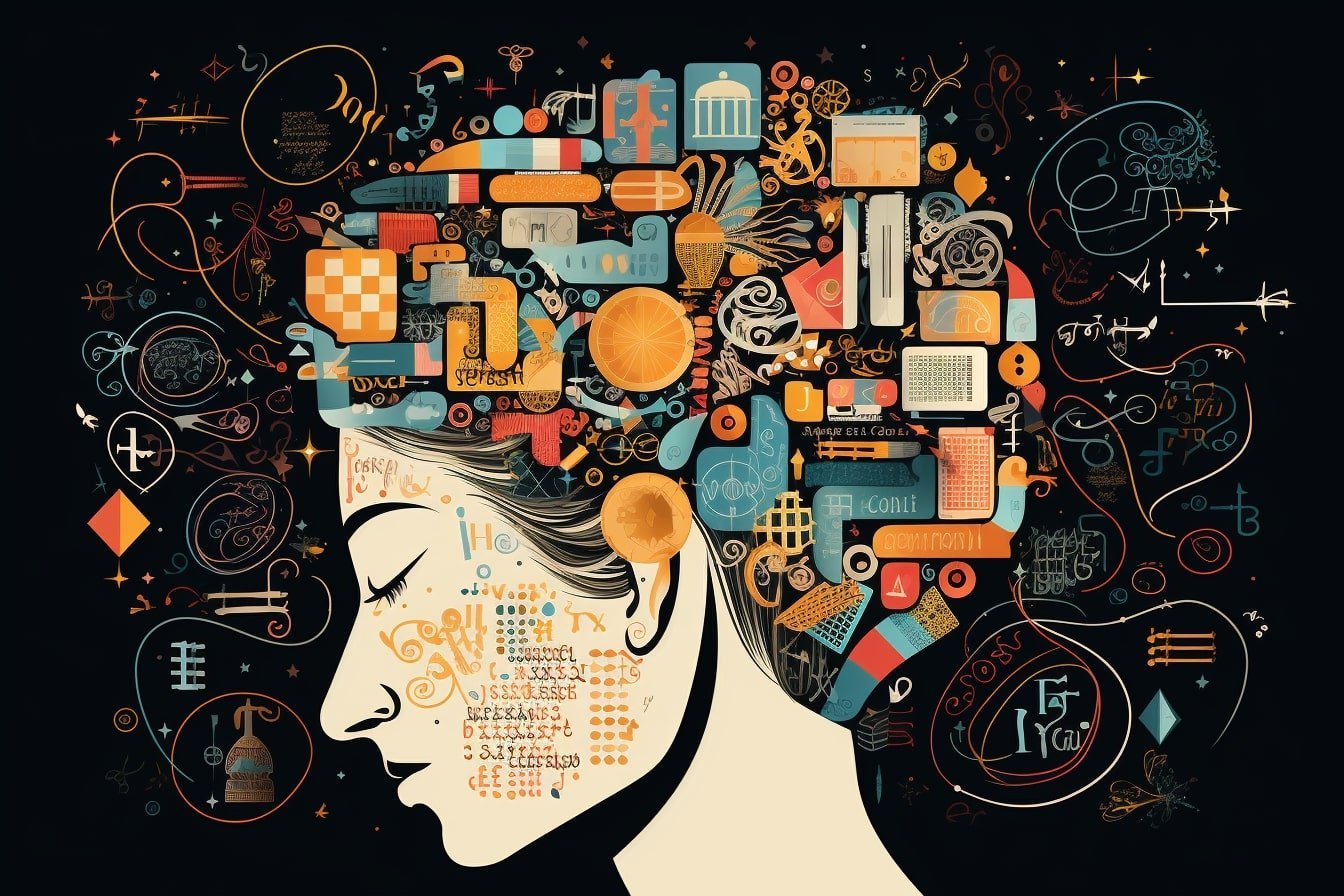Summary: Research reveals symbols are more memorable than words. This novel study dives into our brain’s knack for recalling graphic symbols and logos over their word counterparts. Symbols, offering visual anchors for abstract ideas, outperform words in memory tests. This understanding could revolutionize visual communication and design.
Key Facts:
- The research conducted by the University of Waterloo showed that symbols are more easily remembered than words with the same meaning.
- Symbols provide concrete visuals for abstract concepts, making them more memorable.
- The distinctiveness and singularity of symbols over words, which can have multiple meanings, enhance their memorability.
Source: University of Waterloo
Everyday symbols like &?!#@$ are highly memorable, according to new research.
The new study led by the University of Waterloo aimed to investigate how well symbols are remembered compared to words with the same meaning.
“Our work is ground-breaking as it highlights how humans remember graphic symbols and logos,” said Myra Fernandes, co-author and professor of Cognitive Neuroscience at Waterloo.
“Symbols are particularly useful as they can be used as logos in advertising, as well as offer a faster means of communication through emojis. Our studies examining memory for symbols offer insight into ways to maximize retention and refine communication.”
Across five studies, the researchers surveyed over 1100 adults to examine the role of symbols in memory. In the studies, participants were presented with either a symbol or its word counterpart, e.g., ‘$’ or ‘dollar’, and tested on how many symbols or words they could remember.
In all studies, the researchers found that participants were able to memorize symbols better than words with the same meaning.
“Symbols might be more easily remembered because they give concrete visuals to abstract ideas,” said Brady Roberts, lead author and PhD candidate in Cognitive Neuroscience.
“When we think about abstract concepts, like love, it can be difficult to visualize clearly. But with symbols, we can use a sort of image that represents the concept – like a heart for love – which makes the abstract idea more concrete and therefore easier to remember.”
Roberts adds that symbols may also be easier to remember because they are unique and tend to represent a single concept, whereas words can have multiple meanings. Consider the play symbol [▷].
It only has one meaning: to start a piece of media. But its word counterpart ‘play’ has many other meanings, such as a game or theatrical performance, and there are many synonyms for the word, such as commence, begin, and start.
The authors hope that their work will aid in the future of visual design to help plainly communicate complicated or abstract ideas.
About this language research news
Author: Ryon Jones
Source: University of Waterloo
Contact: Ryon Jones – University of Waterloo
Image: The image is credited to Neuroscience News
Original Research: Open access.
“Symbol superiority: Why $ is better remembered than ‘dollar’” by Myra Fernandes et al. Cognition
Abstract
Symbol superiority: Why $ is better remembered than ‘dollar’
Memory typically is better for information presented in picture format than in word format. Dual-coding theory (Paivio, 1969) proposes that this is because pictures are spontaneously labelled, leading to the creation of two representational codes—image and verbal—whereas words often lead to only a single (verbal) code.
With this perspective as motivation, the present investigation asked whether common graphic symbols (e.g.,!@#$%&) are afforded primarily verbal coding, akin to words, or whether they also invoke visual imagery, as do pictures. Across four experiments, participants were presented at study with graphic symbols or words (e.g., $ or ‘dollar’).
In Experiment 1, memory was assessed using free recall; in Experiment 2, memory was assessed using old-new recognition. In Experiment 3, the word set was restricted to a single category. In Experiment 4, memory for graphic symbols, pictures, and words was directly compared.
All four experiments demonstrated a memory benefit for symbols relative to words. In a fifth experiment, machine learning estimations of inherent stimulus memorability were found to predict memory performance in the earlier experiments.
This study is the first to present evidence that, like pictures, graphic symbols are better remembered than words, in line with dual-coding theory and with a distinctiveness account. We reason that symbols offer a visual referent for abstract concepts that are otherwise unlikely to be spontaneously imaged.








